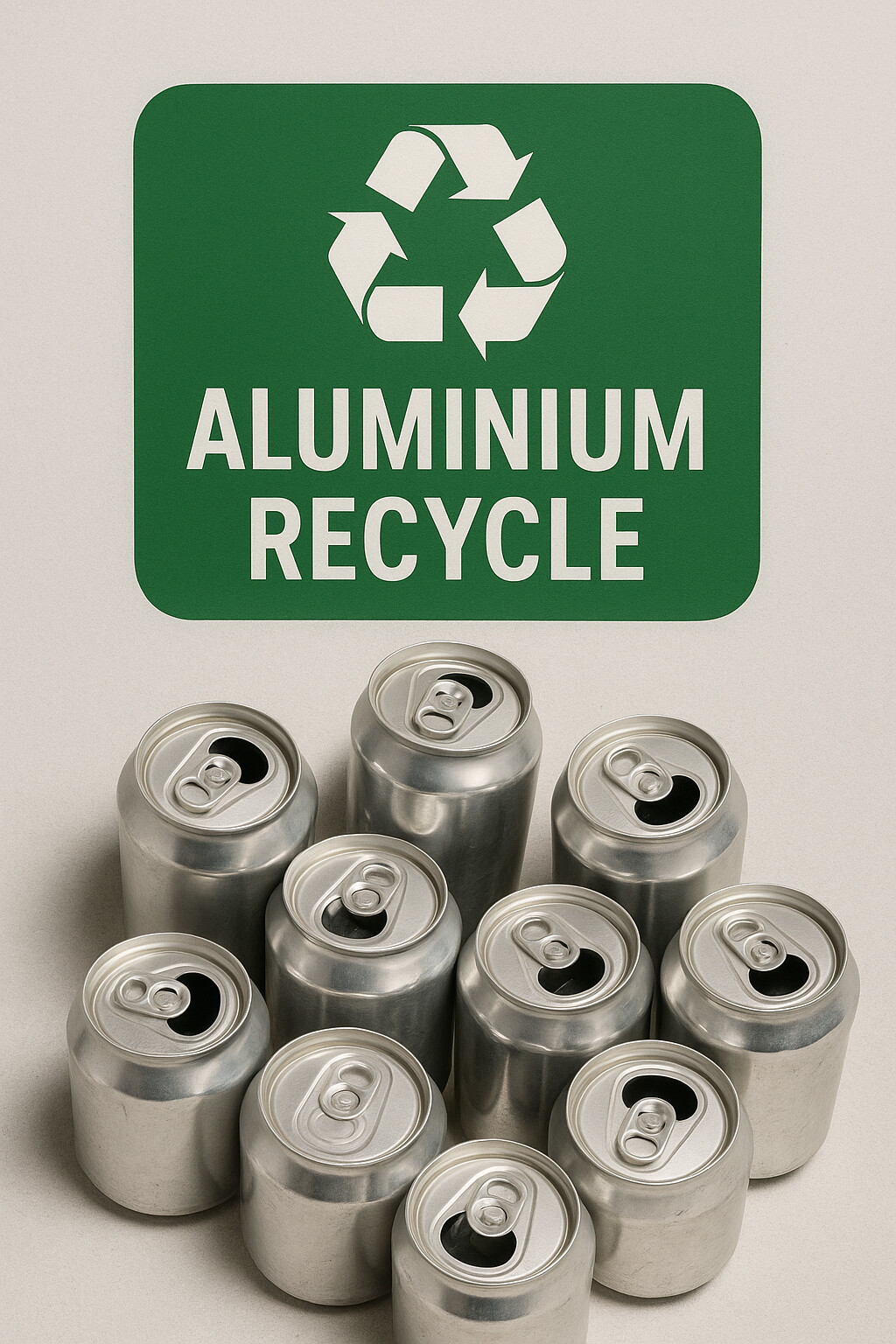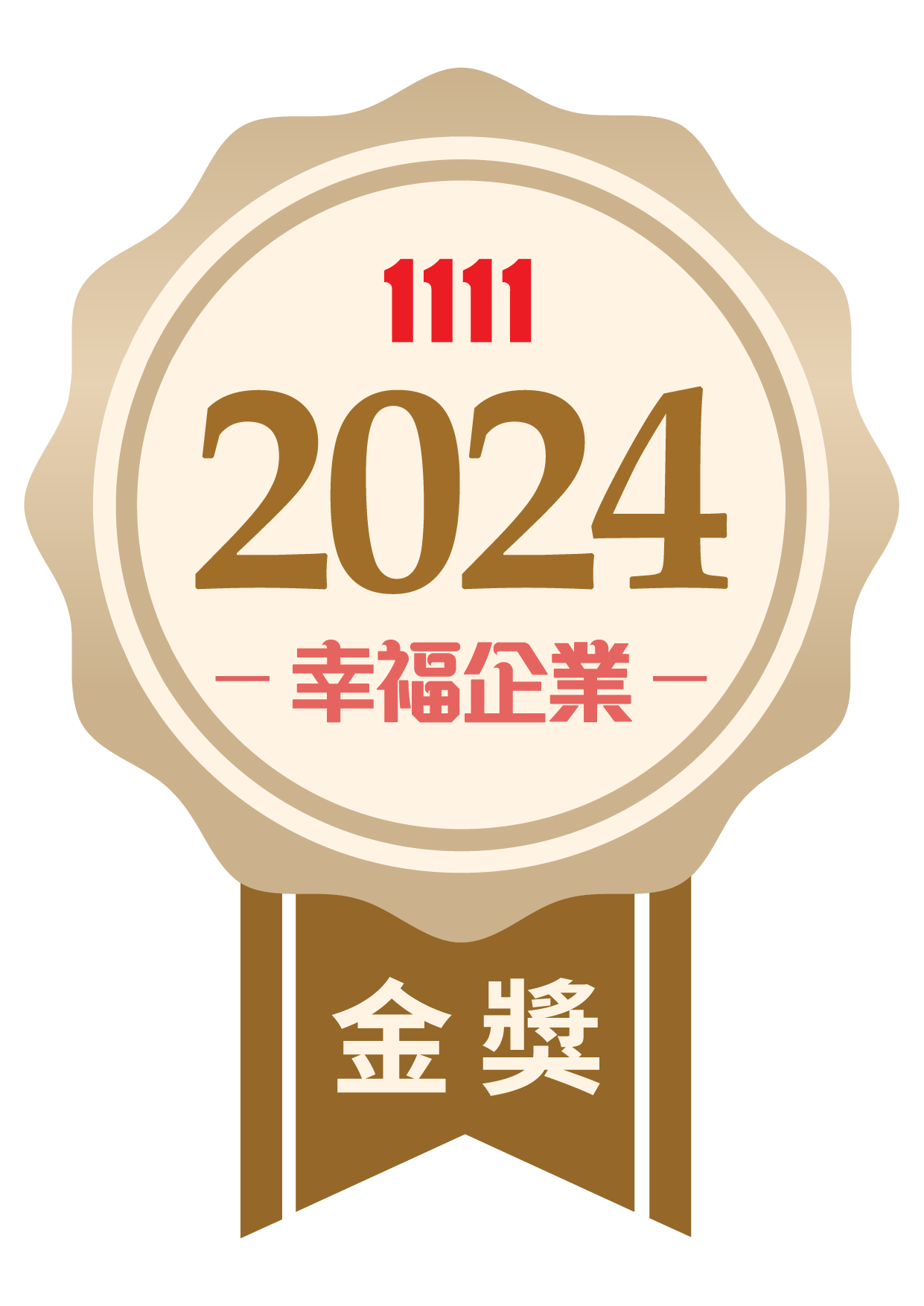The Global Beverage Can Circularity Alliance promotes aluminum can recycling initiatives at Climate Week NYC.
Source: INTERNATIONAL ALUMINUM
The Global Beverage Can Circularity Alliance officially launched its global initiative at Climate Week NYC, aiming to promote the recycling and reuse of aluminum beverage cans, while advocating for a global recycling target of 80% by 2030 and nearly 100% by 2050.

Background and Objectives
The alliance was established during the COP28 Climate Summit and brings together key players across the aluminum value chain, including ten founding members: Ardagh Metal Packaging, Ball Corporation, CANPACK Group, Constellium, CROWN Holdings, Elval, Emirates Global Aluminium, Novelis, Speira, and UACJ.
The alliance has set the following specific goals:
Achieve a global aluminum can recycling rate of 80% by 2030
Reach a near-100% recycling rate by 2050
Promote a “can-to-can” closed-loop recycling model
Investment and Policy Recommendations
Developed by consultancy firm Roland Berger, the plan analyzes can usage, waste management systems, and socio-economic factors across 140 countries, and proposes the following actions:
Opportunities in Developing Countries
Colombia, Uganda, and Vietnam can achieve a 90% recycling rate and nearly 100% can-to-can recycling within 3 to 10 years by investing in the informal recycling sector.
Potential in Developed Countries
The United States, UAE, Turkey, and Malaysia can increase their recycling rates by 20 percentage points before 2030 through source-separated collection incentives.
Promotion of Deposit Return Systems (DRS)
Brand owners, retailers, and governments in countries such as the UK, South Korea, Japan, and Spain are most likely to support the implementation of deposit return systems.
Economic Impact Analysis
Case Study: United States
Recycling aluminum beverage cans currently sent to landfills in the U.S. could offset 18% of the nation’s aluminum imports.
Florida, the second-largest aluminum can-consuming state, sends 79% of its used cans to landfills.
An estimated 12 billion cans (around 12 dozen per person) are landfilled annually, resulting in a value loss of about US$1 billion.
Other Regions
In Vietnam, 46% of discarded aluminum beverage cans are exported as ingots, missing the opportunity for can-to-can recycling.
The UAE’s voluntary DRS has shown positive net system cost benefits under various scenarios.
Strategic Pillars of the Alliance
The Alliance’s core strategy focuses on four areas:
International Diplomatic Initiatives: Designing and deploying globally coordinated diplomatic efforts.
Identifying Investment Opportunities: Supporting companies in locating opportunities for recycling infrastructure investment.
Data & Policy Development: Promoting improved data collection, setting recycling targets, and implementing smart policies.
Global Policy Support: Assisting countries considering DRS, Extended Producer Responsibility (EPR), or other policies.
Industry Leadership Perspectives
Environmental and Economic Benefits
Marlen Bertram, Director of Scenario Forecasts at the International Aluminium Institute, stated that this initiative marks a critical step toward full circularity for the aluminum beverage can sector.
Matt Meenan, Vice President of External Affairs at the Aluminum Association, emphasized that recycling these cans could save enough energy to power 2 million households for a year. He called for innovative thinking, as the current situation is unacceptable.
Importance of Circular Economy
Ramon Arratia, Chief Sustainability Officer at Ball Corporation, highlighted that circularity is the most powerful and cost-effective lever in the aluminum can industry—its value proposition goes beyond climate benefits by supporting resource efficiency and securing critical materials.
Pierre Lebat, Chief Sustainability Officer at Novelis, noted that circularity is a key driver of decarbonizing the aluminum beverage packaging value chain.
Integration of Technology and Policy
Salman Abdulla, Executive VP of ESG and Sustainability at Emirates Global Aluminium, said recycling aluminum saves 95% of the energy compared to primary production, yet too much valuable metal is still being wasted.
Sandrine Duquerroy-Delesalle, Director of Sustainability and External Affairs at Crown, stressed that significant progress requires effective collection policies and incentives that engage all players in the value chain to recapture every can put on the market.
Member Commitments and Actions
Each member company has pledged to announce at least one investment in support of global recycling goals before COP30.
The Alliance is supported by the Aluminum Association, Can Manufacturers Institute, and the International Aluminium Institute.
Success Stories
Denmark Model
Heidi Schütt Larsen, EVP of the Danish return system, shared that Denmark’s deposit return system ensures full circularity, with 93% of discarded aluminum cans returned by consumers and 99% of them achieving can-to-can recycling.
Japan Experience
Midori Narita, Executive Director of the UACJ Group, stated that Japan will share its successful practices during Climate Week, highlighting aluminum recycling’s importance in reducing greenhouse gas emissions, mineral resource circularity, and protecting natural capital.
The Alliance aims to achieve its ambitious yet attainable global aluminum can recycling goals within the next decade through international collaboration, policy advocacy, investment promotion, and technological innovation. According to Dragos Popa, Senior Partner at Roland Berger, the 80% global recycling target is ambitious but achievable, with the key lying in the implementation of deposit return systems and mandatory extended producer responsibility.



